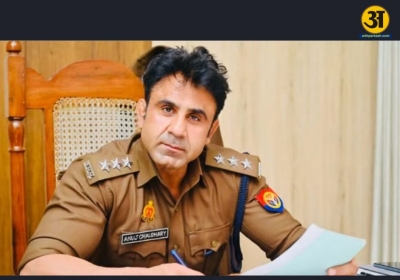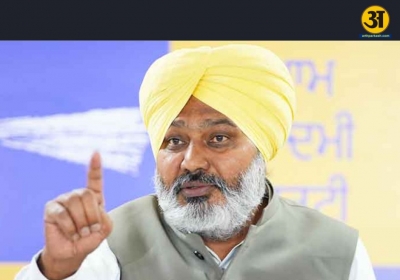.jpg)
Trump to name Loyalist for Pentagon role
Trump expected to zppoint Loyalist as Pentagon Chief amid post-tumult plans for second term
As Donald Trump prepares for his potential second term as U.S. President, a significant decision looms: choosing a defense secretary who will reshape the Pentagon. Trump's previous term was marked by tensions with military leaders, who often resisted his sudden policy announcements and attempts to use military resources domestically. Trump, seeking a loyalist to implement his ideas without resistance, has yet to make a final decision, but many speculate that he will lean toward candidates who align with his vision for a reformed military approach.
In his first term, Trump selected strong military figures and industry leaders, hoping they would firmly back his decisions. However, he found that they weren't as compliant as he expected. Generals such as Jim Mattis, John Kelly, and Mark Milley, despite their initial support, ultimately clashed with Trump over key issues. Some resisted his attempts to remove troops from conflict zones like Syria, Iraq, and Afghanistan, and others opposed his idea to deploy active-duty troops during civil unrest.
Loyalty and control: A new approach for Trump's Defense Team
Trump's choice for defense secretary is now likely to focus on unwavering loyalty rather than strict military credentials. Some of the candidates being considered include Rep. Mike Waltz, a former Army Green Beret, and retired Lt. Gen. Keith Kellogg, who served in Trump's previous administration. Other possible choices come from within Trump’s circle of loyalists, ensuring that the chosen defense leader will prioritize Trump’s policies over traditional military caution.
Key figures who could be picked, like Waltz, bring a military background but may offer Trump more loyalty than the generals from his first term. Another potential candidate is Air Force Gen. CQ Brown, a highly respected officer who took over as chairman of the Joint Chiefs of Staff in 2023. However, Brown, known for speaking out on social issues and military reform, might not align perfectly with Trump's preference for a more apolitical approach focused solely on strategic power. Trump's potential defense secretary is expected to reduce focus on equity and diversity initiatives, which Trump views as detracting from core military objectives.
Throughout Trump's first administration, he saw his top military advisors clash with him over issues such as banning transgender troops and bringing troops back from foreign deployments. Many generals and defense leaders worked to delay or minimize Trump’s directives, believing that some could harm military readiness or violate constitutional limits. If reelected, Trump will likely seek a defense secretary who avoids these conflicts by strictly adhering to his orders.
ALSO READ: Joe Biden Urges Americans to 'Lower the Temperature' Following Trump’s Election Victory
Priorities and concerns for a new Defense Secretary
A key challenge will be finding a defense secretary who is not only loyal but also willing to act on Trump's goals, even when faced with potential legal or ethical concerns. Trump has signaled his interest in using the military for non-traditional roles, such as border security, and reducing involvement in long-standing international conflicts. While some of Trump’s previous appointees pushed back against certain ideas they viewed as controversial, Trump is now expected to prioritize figures who will follow his directives closely, even if they encounter resistance within the Pentagon.
Former Defense Secretary Jim Mattis resigned in 2018 in frustration with Trump’s approach to foreign policy and alliance management, highlighting the delicate balance future appointees may face. Following Mattis’s departure, a series of acting secretaries briefly led the Pentagon, including Patrick Shanahan and Mark Esper. Esper, once fully appointed, opposed Trump’s calls to use active-duty troops to manage domestic unrest following George Floyd’s death, a stance that led to his eventual dismissal. Trump replaced him with Christopher Miller, a strong Trump supporter who was willing to follow through on the president’s directives.
Trump's new administration is likely to expect complete loyalty from military and civilian leaders in defense, prioritizing his agenda above traditional Pentagon practices. Current Defense Secretary Lloyd Austin recently reiterated that the military must follow lawful orders while honoring their commitment to the Constitution. His reminder reflects a long-standing principle that military leaders serve the Constitution, not any single leader. This principle will undoubtedly be tested if Trump returns, as his focus remains on picking a defense secretary who shares his vision and will navigate challenges without dissent.
In his next term, Trump’s Pentagon is expected to reflect his ideals more fully, with increased military spending, a strengthened border defense role, and reduced emphasis on social reform within the armed forces. The choice of a defense secretary will thus be a key indicator of how Trump plans to handle defense, foreign policy, and the military's role within the country, potentially setting the tone for a reshaped Pentagon aligned closely with his policies.





